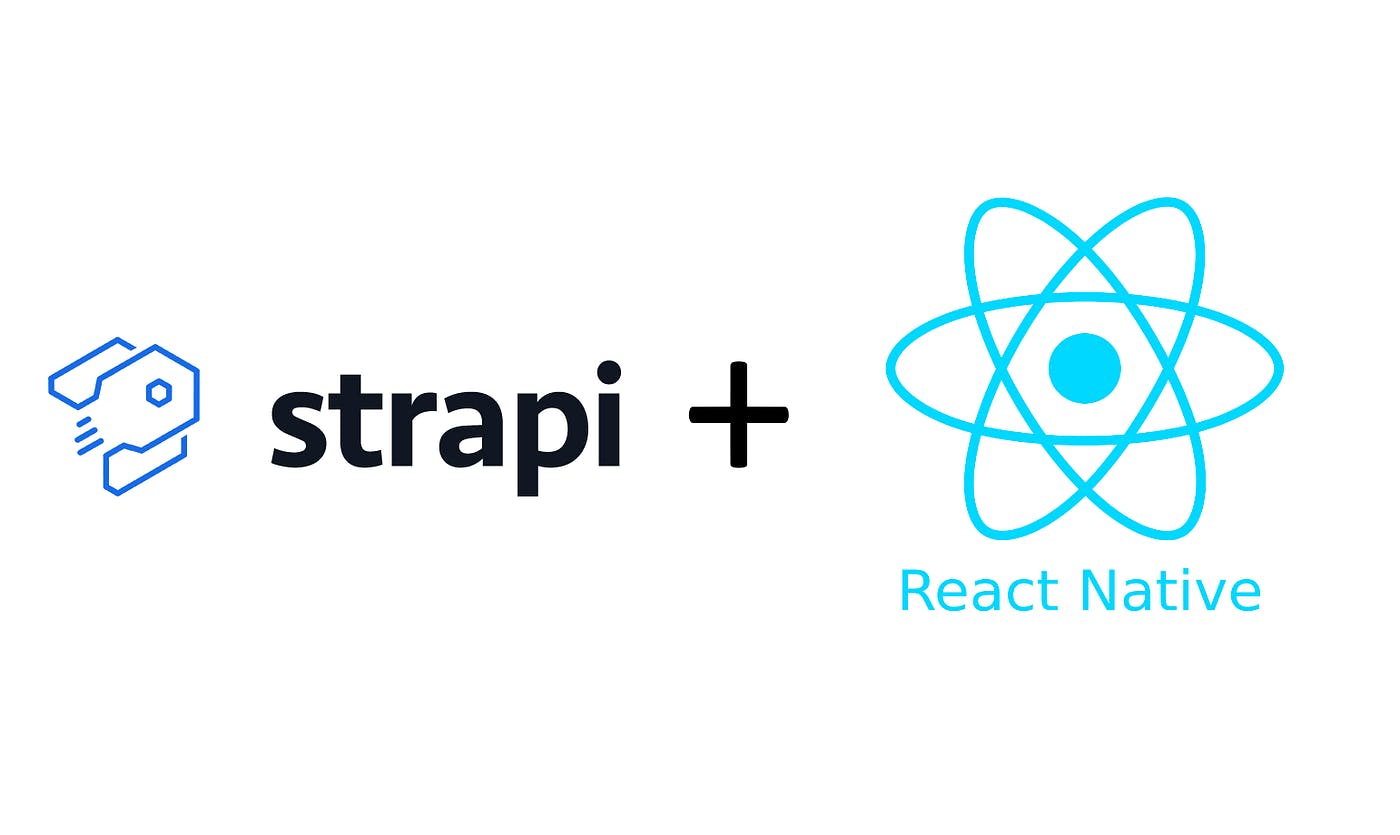

React Native and Strapi form a powerful combination for developing modern mobile applications, offering a seamless integration between frontend and backend technologies. This pairing provides developers with a robust toolkit for creating feature-rich, scalable apps efficiently.
Strapi, as a headless CMS, offers a flexible and customizable backend solution that complements React Native's frontend capabilities. Its content management features allow developers to easily create and manage structured content types, which can be consumed by React Native applications through RESTful APIs. This separation of concerns enables teams to work independently on content management and app development, streamlining the overall development process.
One of the key advantages of using Strapi with React Native is the ability to rapidly prototype and iterate on mobile applications. Strapi's admin panel provides a user-friendly interface for content editors to manage data, while developers can focus on building the React Native UI components. This workflow acceleration is particularly beneficial for projects with tight deadlines or those requiring frequent updates.
The integration between React Native and Strapi also facilitates the development of cross-platform applications. React Native's "write once, run anywhere" philosophy aligns well with Strapi's platform-agnostic API, allowing developers to create apps for both iOS and Android using a single codebase. This not only reduces development time but also ensures consistency across different platforms.
Security is another area where the React Native and Strapi combination shines. Strapi provides built-in authentication and authorization mechanisms that can be easily integrated with React Native apps. This allows developers to implement secure user authentication flows and protect sensitive data without having to build these systems from scratch.
For data management, Strapi's content types can be directly mapped to React Native components, simplifying the process of displaying and updating information within the app. This tight coupling between backend data structures and frontend components leads to more maintainable and scalable codebases.
Furthermore, the React Native and Strapi ecosystem offers a wide range of plugins and extensions that can enhance app functionality.In terms of performance, the combination of React Native's efficient rendering engine and Strapi's optimized API responses results in fast, responsive mobile applications. Strapi's ability to handle complex queries and relationships on the backend reduces the load on the mobile device, contributing to a smoother user experience.
Lastly, both React Native and Strapi have active communities and extensive documentation, providing developers with ample resources for troubleshooting and learning. This community support ensures that developers can find solutions to common problems and stay updated with best practices in mobile app development.
Building a multilingual React Native app with Strapi as the headless CMS offers numerous advantages for developers in 2024. Strapi's internationalization (i18n) feature enables the creation of localized content, allowing apps to reach a global audience. The platform's built-in authentication system simplifies user management, while its flexible API facilitates seamless integration with React Native.
Strapi's content type builder allows for structured yet flexible content creation, making it easier to manage complex data models. The combination of Strapi's backend capabilities and React Native's cross-platform development efficiency results in faster time-to-market and reduced development costs. Additionally, Strapi's plugin ecosystem and media library enhance app functionality, while its roles and permissions system ensures granular access control.
This powerful pairing enables developers to create scalable, secure, and feature-rich multilingual mobile applications with ease.
Strapi and React provide powerful tools for serving personalized content based on user data and membership status. With Strapi's flexible content management system, developers can create different content types and apply access controls to serve tailored experiences. React's component-based architecture allows for dynamic rendering of content fetched from Strapi's API based on user attributes.
To implement this, developers can create user roles and permissions in Strapi, then use React to conditionally render components or fetch specific content based on the user's authentication status and role. This approach enables features like premium content for paid members or personalized recommendations. By leveraging Strapi's custom routes and controllers, developers can also implement complex logic for content access and filtering on the backend, ensuring secure and efficient content delivery tailored to each user's profile.
Strapi's Upload Plugin offers a streamlined solution for managing media in React Native applications. The plugin simplifies the process of uploading, storing, and retrieving media files, making it an essential tool for developers.
To integrate the Upload Plugin, developers need to configure it in the ./config/plugins.js file, specifying the provider and options. For uploading media from React Native, developers can use the fetch API or libraries like axios to construct a FormData object and make a POST request to Strapi's upload endpoint. Once uploaded, media can be easily accessed via Strapi's API using GET requests, with Strapi providing URLs for the uploaded content that can be seamlessly integrated into React Native apps.
This integration enables efficient media management, enhancing the overall functionality and user experience of React Native applications built with Strapi as the backend.
Integrating Strapi with Auth0 and React Native provides a robust authentication solution for mobile applications. To implement this, developers can create an OAuthUsers collection in Strapi to store basic user details returned from Auth0 after registration. For managing user preferences, a separate preferences collection can be created with a one-to-one relation to OAuthUsers.
This setup allows authenticated users to update their own preferences securely, using the JWT token from Auth0 for verification. To enhance security, developers can override Strapi's default controller methods to restrict unauthorized access and ensure users can only interact with their own data. Additionally, React Native's Context API can be utilized to create a global authentication context, managing the authentication state across the app.
This integration enables a secure, scalable authentication system that leverages Auth0's identity management capabilities while maintaining data integrity within Strapi.

Strapi Cloud is a fully managed hosting platform designed to streamline the deployment and management of Strapi applications. Launched in response to user demand for a hassle-free hosting solution, Strapi Cloud eliminates the complexities of server management, allowing developers to focus on building their applications.
The platform offers various pricing tiers, including a new Developer Plan priced at $29 per month, which provides essential features and resources for individual developers and small teams. Strapi Cloud includes features such as automated backups, custom domains, and multi-environment support, catering to projects ranging from personal blogs to large corporate sites. With its competitive pricing, scalability options, and transparent overage charges, Strapi Cloud aims to provide a cost-effective and user-friendly solution for developers looking to leverage Strapi's powerful content management capabilities without the burden of infrastructure management.
NOTUM Technologies, a web and mobile application development agency based in Brno and Prague, specializes in JavaScript applications and is the only Czech implementation partner of Strapi. They have worked on several notable projects, including a case study with Arbo Technologies, a green startup focused on urban green care. The whole case study is available here.
NOTUM's expertise in Strapi extends to creating custom plugins, contributing to open-source projects, and even collaborating directly with the Strapi development team on migration scripts. Their work with Arbo Technologies demonstrates their ability to leverage Strapi's capabilities in real-world applications, showcasing the potential of combining React Native and Strapi for innovative solutions in various industries.
We're Notum Technologies:
✔️ Official STRAPI agency in Europe and America, based in the Czech Republic.
✔️ We offer custom STRAPI development, consultations, web, and mobile apps.
✔️ With 40+ completed STRAPI projects, many workshops, open communication, and great project management, we have the tools to make your project a success.
